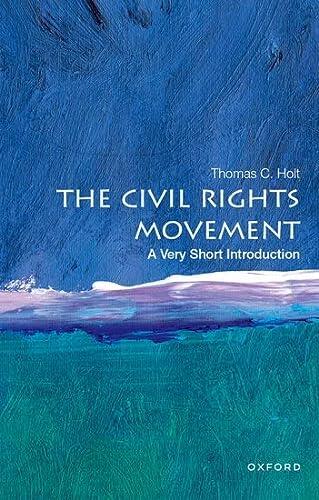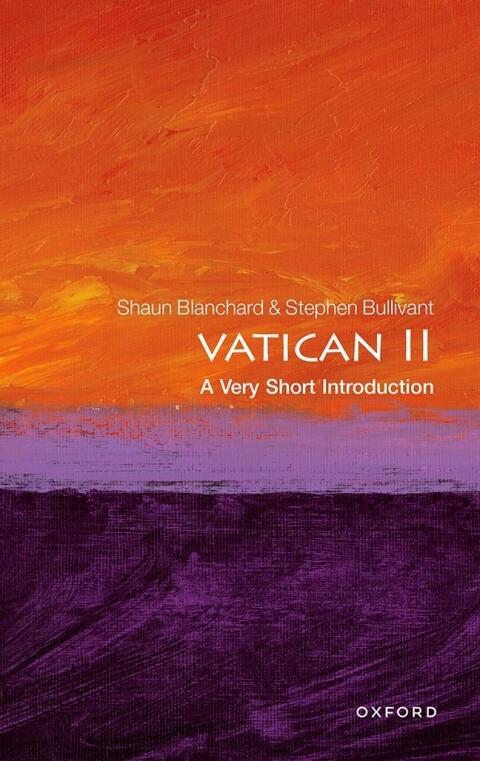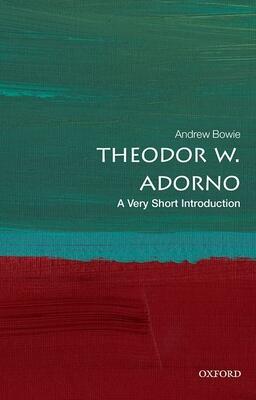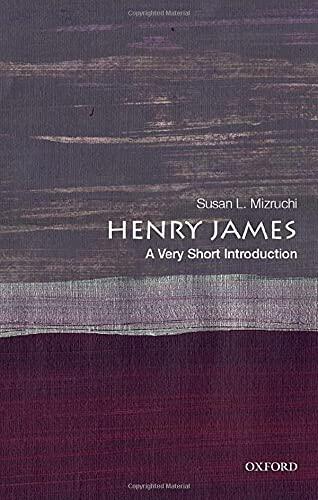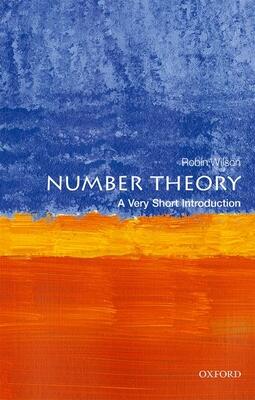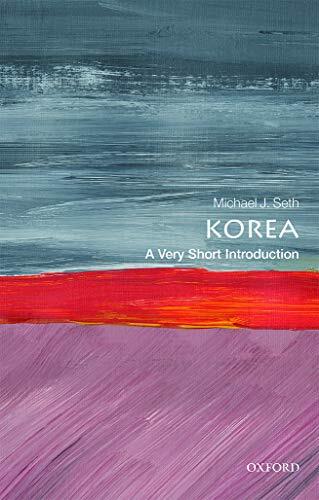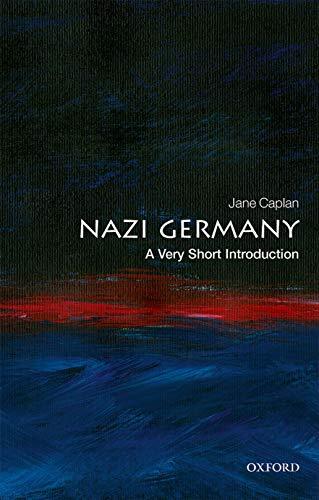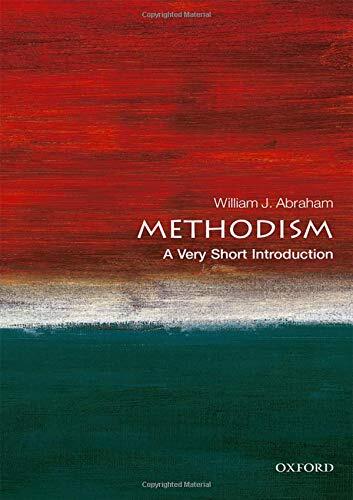
Clausewitz: A Very Short Introduction
아직 평점이 없습니다
Action & Adventure
형식
페이퍼백
페이지
96
언어
영어
출판됨
May 16, 2002
출판사
Oxford University Press
판
First Edition
ISBN-10
0192802577
ISBN-13
9780192802576
설명
Karl von Clausewitz stands as a pivotal figure in the study of war and military strategy, and this concise exploration delves into his enduring influence on modern military thought. Born in 1780, Clausewitz's experiences as a Prussian military officer, particularly during the Napoleonic Wars, shaped his profound insights into the nature of conflict. His seminal work, “On War,” remains a cornerstone of military literature, offering a nuanced understanding of warfare that transcends his era.
The author skillfully unpacks Clausewitz’s complex ideas, examining concepts such as the "fog of war" and the interplay between politics and conflict. Through engaging analysis, he highlights how Clausewitz viewed war not merely as a clash of armies but as a continuation of politics by other means. This perspective provides a framework for comprehending the multifaceted dynamics of contemporary military engagement.
Moreover, the exploration prompts readers to reflect on the relevance of Clausewitz’s theories in today’s geopolitical landscape. By bridging historical context with modern implications, the narrative invites a deeper appreciation for the art of war in shaping national strategy and international relations. Through this engaging introduction, one gains essential insights into the legacy of a thinker whose relevance has endured through centuries of evolving warfare.
The author skillfully unpacks Clausewitz’s complex ideas, examining concepts such as the "fog of war" and the interplay between politics and conflict. Through engaging analysis, he highlights how Clausewitz viewed war not merely as a clash of armies but as a continuation of politics by other means. This perspective provides a framework for comprehending the multifaceted dynamics of contemporary military engagement.
Moreover, the exploration prompts readers to reflect on the relevance of Clausewitz’s theories in today’s geopolitical landscape. By bridging historical context with modern implications, the narrative invites a deeper appreciation for the art of war in shaping national strategy and international relations. Through this engaging introduction, one gains essential insights into the legacy of a thinker whose relevance has endured through centuries of evolving warfare.


